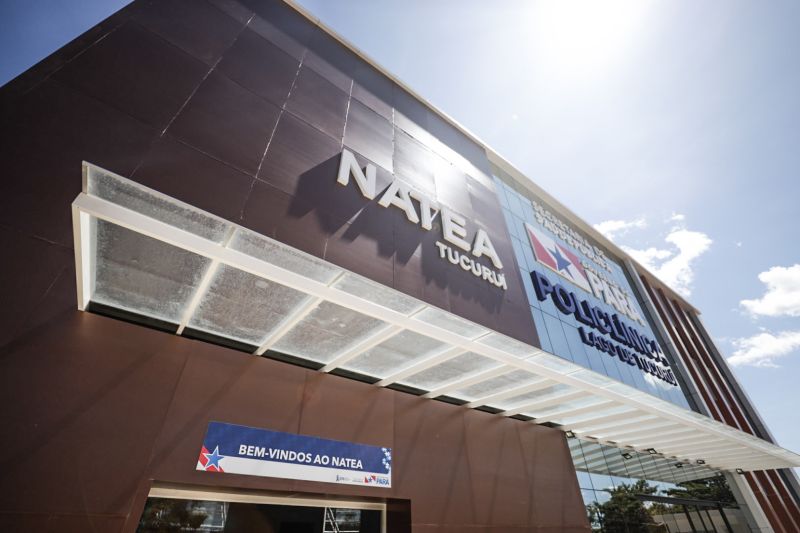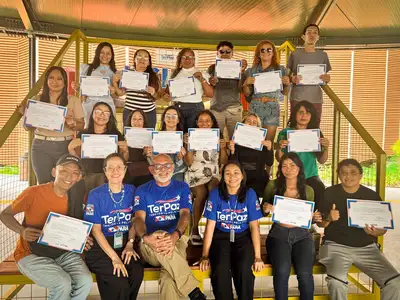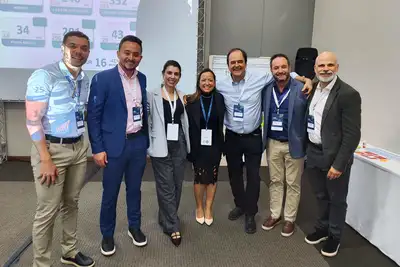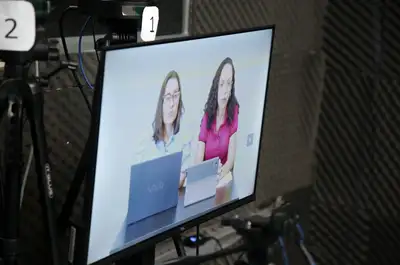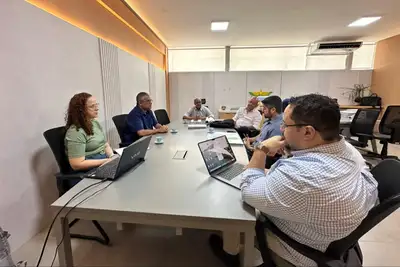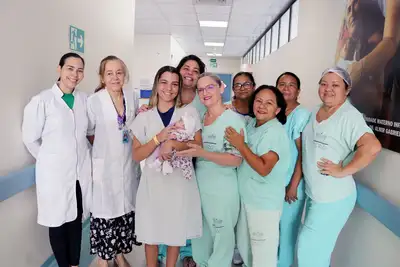In Tucuruí, Polyclinic of the Lake guarantees 250 monthly appointments for allergy treatment
Allergic diseases affect up to 2 billion people worldwide. This Wednesday, May 7, the National Day for Combating the disease is celebrated.
Data from the Brazilian Association of Allergy and Immunology (ASBAI) shows that up to 30% of Brazilians already have some allergy. The numbers are even more alarming when observing the global scope and the expectations for the next two decades. It is estimated that by 2050, about 50% of the planet's population may suffer from some allergic disease.
In light of this reality, May 7 was chosen as the National Allergy Prevention Day. The date was created by the Ministry of Health to raise awareness about the ailment. In Tucuruí, the State Government, through the Polyclinic of the Lake, guarantees 250 consultations in the allergy service monthly. The specialty offers 100 adult appointments and 150 pediatric ones.
“Allergy is an exaggerated reaction of the body's defense system (immune system) to environmental substances that would normally be harmless, such as dust, pollen, food, or insect stings,” explains Victor Vale Dias, allergist at Poli Lago de Tucuruí. The professional warns that the body confuses something common as a threat and reacts excessively, causing a type of inflammatory condition.
The doctor details that there are several types of molecules and, in practice, various things in the environment. “In addition to dust, animal hair, insects, food, and medications, contact substances such as metals and cosmetic products can also cause allergies,” he stated.
Although they are not always a sign of allergies, symptoms such as itching and redness of the skin, itching in the eyes, itching in the nose, sneezing, wheezing in the chest, cough, nausea, vomiting, diarrhea can be a warning of the ailment. In addition to these, allergies can affect various systems, which can range from mild to severe symptoms.
Allergic reaction
When suspecting an allergic reaction due to the most common symptoms and a possible association with a likely allergen (something in the environment that may have caused the allergy), the professional at Poli Lago recommends: “seek a doctor in case of urgent symptoms and consult an allergist later for in-depth investigation,” said Victor.
The specialist also warns that anaphylaxis is a reaction that, in addition to possibly causing swelling and redness of the skin, causes some symptoms in other body systems, especially the respiratory system, such as glottic edema, with a feeling of a “closed” throat, wheezing, sudden chest tightness, shortness of breath, and cardiovascular symptoms (drop in blood pressure, in extreme cases shock) or digestive (sudden vomiting).
“Anaphylaxis is a medical emergency and can lead to death if not treated quickly. Severe allergic asthma attacks can also lead to death, for example. Allergic rhinitis, contact dermatitis, and some other forms of allergy do not lead to death,” emphasized Victor Vale Dias.
How to avoid allergies?
The professional details that there is no way to reliably predict when allergies may appear. “It is possible to prevent new allergy episodes after clearly identifying the causative allergen and avoiding it. It is important to be careful with this and to have clarity so as not to unnecessarily avoid harmless things,” advised the doctor.
The allergist also highlights the importance of keeping indoor environments clean helps to avoid respiratory allergies; however, it is important for children to have the opportunity to play and be exposed to various environments.
Access
To access the services of the Polyclinic, it is necessary for the user to go through the regulation system, after initial care and evaluation in primary health care, such as health posts and Basic Health Units (UBSs). Also, the patient can schedule directly with the general practitioner specialty through the Call Center at (94) 9186-8155.
Service:
The Polyclinic Lago de Tucuruí is a fully public unit, with all services provided at no cost to users. It is located at Avenida Raimundo Veridiano Cardoso, No. 1008, in the Santa Mônica neighborhood. Poli is managed by the Institute of Health and Social of the Amazon (ISSAA), in partnership with Sespa.
Text by Roberta Paraense


